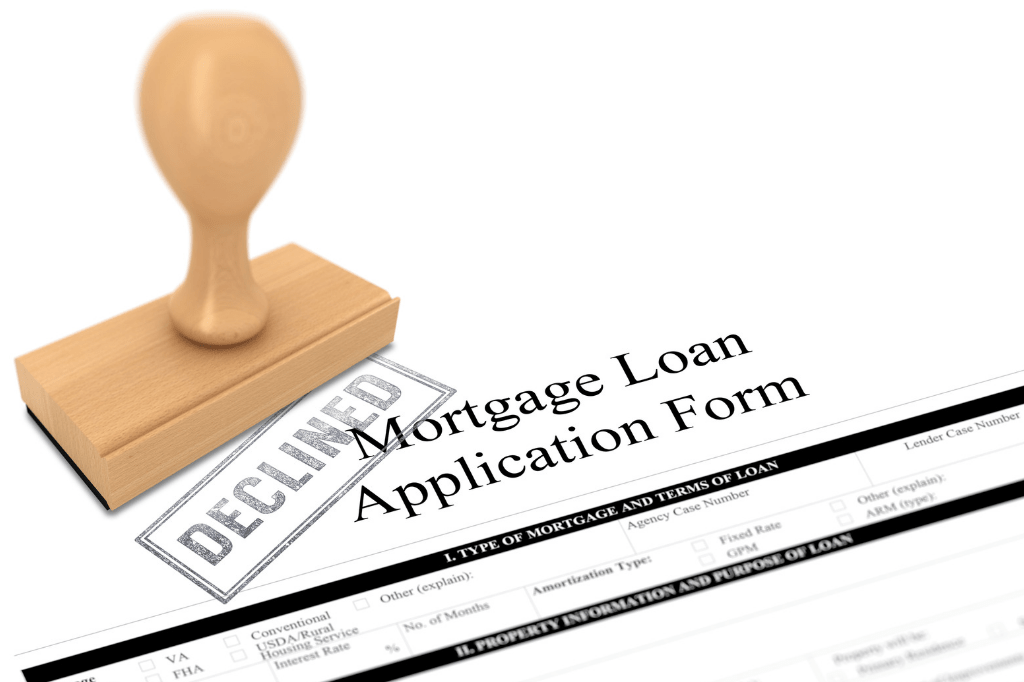
Understanding The Reasons For A Declined Mortgage
Applying for a mortgage loan is one of the toughest and tedious tasks. There are many documents and policies to consider. No wonder why getting denied is so heartbreaking.
Having a declined mortgage is not the end of the world. You can still be a homeowner. Search for a reputable lender near you. Licensed money lenders do not approve loans for a reason. What you need to do is find out why your request is denied.
Understanding the reasons for a declined mortgage is important. It leaves a valuable learning experience. You can recognize and pinpoint the financial aspect that needs improvement. Get to know more about mortgage rejection and prevent it from happening again.
Reasons For A Declined Mortgage
The good news about a declined mortgage is that you can still recover from it. All lenders are required to detail the cause of mortgage denial in a rejection letter. With this information, you can reverse the situation.
Poor Credit History
For lenders such as Cash Mart Singapore, the credit history is a determining factor for loan approval. A credit report is reviewed for low credit score and any derogatory remarks – foreclosure and bankruptcy. Poor credit history should be approved for a mortgage loan. But most of the time, lenders decide to reject it.
Nowadays, credit information is attainable. Get your copy and understand why your credit score is low. From here, begin to correct it and avoid getting a declined mortgage.

Insufficient Income
The ability to pay back the loan is checked through your debt to income ratio. Lenders assess this to know if your earnings are enough to pay your monthly bills including a mortgage. If you think you can manage, present adequate documentation of your income. Failure to do so means a declined mortgage.
Make it a habit to keep an accurate record of your finances and assets. Also, prepare tax returns from the past several years. It helps you secure the home you’ve been dreaming of.
Small Down Payment
One of the reasons for a declined mortgage is the low down payment. The payment serves as an investment for lenders in their future home. That’s why the bigger the down payment, the better security for your home mortgage loan application.
The typical down payment amount ranges from 5-25% of the home value. Whenever you’re planning to buy a home, save money for your down payment. It lifts off the financial burden and mortgage approval is most likely.
Property Problems
Not all declined mortgages are about the homebuyer. Sometimes it is about the property’s value. It happens when the loan-to-value (LTV) ratio is too high. In other words, the property’s value is not enough for the applied mortgage loan amount. Thus, the application was denied.
For a higher chance of loan approval, make a larger down payment. Also, you have to accept the lower loan amount. If you want a high appraised value, shop for legal lenders near you.
Lack of Employment History
Consistent employment history is a very precious matter for your mortgage application. Most lenders require at least 2 years of consistent employment. This proves that you can be employed long enough to repay the loan cash.
Ask your employer for the documents needed. You can also present pay stubs or tax information.
Is your home mortgage loan denied? Look at the reasons for a declined mortgage discussed above. Be patient. Do extra work on your end. As much as possible avoid them, soon enough you can live in your dream house.
5 Quick Steps to Avoid A Declined Mortgage
A declined mortgage is a minor setback. You can still correct it. Be one step ahead in your mortgage approval and homeownership by following these steps.
Step 1. Save
There are many expenses included when you procure a house. You must have enough funds from the down payment up to the closing costs. Don’t forget to save money for your monthly financial responsibilities.

Step 2. Monitor Credit
As you get closer to your mortgage process, limit your spending. Also, keep track of your credit. This way, you can save more and build a healthy credit score. As stated above, a poor credit score leads to a declined mortgage.
Step 3. Check Credit Report
Obtain a copy of your credit report. Review for any incorrect data. Report immediately for any discrepancies. Whatever is recorded in your account is reviewed by the lenders. If the wrong data is presented, a declined mortgage is inevitable.
Step 4. Pay Off Debts
Manage your debts wisely. Prioritize paying off high-interest debt. Also, use a credit card responsible and reasonably. High pending debts are questionable for lenders.
Step 5. Maintain a Healthy Debt-to-Income (DTI) Ratio
Make it a habit to balance your income and expenses. Before you spend or swipe your card, think twice if you can pay it off on time. Money Lending companies identify if you have a healthy DTI for mortgage loan approval.
Following these quick steps avoid getting a declined mortgage. Practice it as early as now and reap it at the right time.
It’s stressful for homebuyers to get denied. Luckily, it can be prevented. If you understand the reasons for a declined mortgage, you won’t make the same mistakes again. Talk to your chosen lender. Discuss what can hurt your mortgage loan application.




